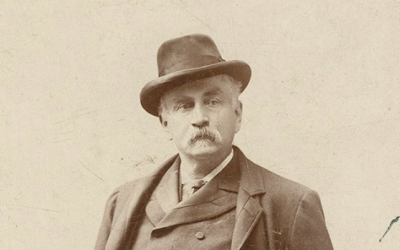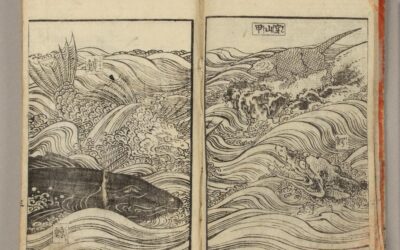William Jennings Bryan had visited Florida many times before he purchased a winter home in Miami in 1912. As his national political power and prestige declined after he retired as secretary of state under President Woodrow Wilson, his interest in Florida increased, and he and his family began to spend more and more time in the state. After Bryan transferred his legal residence from Nebraska to Florida in 1921, he was urged to run for the offices of governor or U.S. senator. He was reluctant, however, to risk possible defeat and announced that he would not be a candidate for either office.
However, he did enter the race for delegate-at-large from Florida to the Democratic National Convention of 1924. Although he was elected, the convention itself turned out to be a severe disappointment to Bryan. He put forward the name of Albert A. Murphree, president of the University of Florida, as a possible candidate for presidentbut Murphree was rejected by the delegates. Murphree himself believed that a southern candidate for president would not be taken seriously.
By the summer of 1925 Bryan was again considering the possibility of running for U.S. senator from Florida. However, his political plans were interrupted by events in Dayton, Tennessee, where legal proceedings involving the constitutionality of a state law prohibiting the teaching of evolution were underway. Bryan accepted an invitation to serve as counsel for the prosecution and journeyed to Tennessee for the last dramatic incident of his life. He died five days after the Scopes trial ended on July 2, 1925. His family, after his death, continued to live in Florida, and his daughter, Mrs. Ruth Bryan Rhode, later served as congresswoman from the state.



